Consider: Seldom is it wise to de-normalize data this way in the database query; Better done in UI. However, if this is going directly to an aggregated report; it may make sense to do it here... But keep in mind if this ever will need to be separated later; you're better off doing the combine in the UI.
Notes:
- Wrap case in
string_Agg() function the "Case" statement is then wrapped in the string_agg() function and since we operate inside out just like math, the case is resolved 1st.
- added
GROUP BY for non-aggregated element(s)
- eliminated
DISTINCT as GROUP BY takes care of it so distinct is unneeded clutter.
- added additional sample data to show how multiple columns handled.
- eliminated pt.notes table as I'm not using it in my generated common table expression
- You will not need the "with notes as ()..." Just the select after it and correct the
FROM clause to yours
dbfiddle.uk Example
More on this-->How to concatenate string of a string field in postgresql
WITH notes AS (
SELECT 891090 Order_ID, False customer_billing, false commander, true agent UNION ALL
SELECT 891090, true, false, false UNION ALL
SELECT 891091, false, true, false UNION ALL
SELECT 891091, true, false, false)
SELECT
n.order_id,
string_Agg(CASE
WHEN n.customer_billing = TRUE THEN 'AR (Customer Billing)'
WHEN n.commander = TRUE THEN 'AP (Commander)'
WHEN n.agent = TRUE THEN 'AP (Agent)'
ELSE NULL
END,', ') AS finance
FROM notes n
WHERE
n.order_id = 891090 AND
(n.customer_billing = TRUE or n.commander = TRUE or n.agent = TRUE)
GROUP BY ORDER_ID
Giving us:
+----------+---------------------------------------+
| order_id | finance |
+----------+---------------------------------------+
| 891091 | AP (Commander), AR (Customer Billing) |
| 891090 | AP (Agent), AR (Customer Billing) |
+----------+---------------------------------------+
